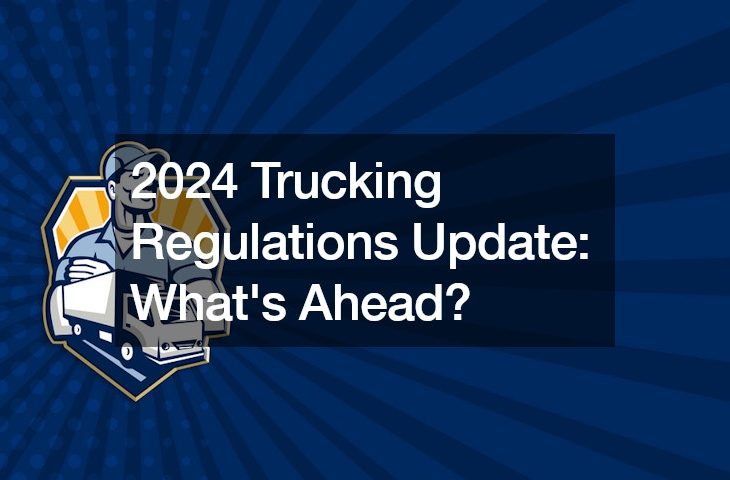
 Considering the fact that about 81% of U.S. businesses claim their company’s blog is a crucial asset, it’s easy to see why content is still considered king of online marketing. However, Google recently knocked the king down a peg with its latest update.
Considering the fact that about 81% of U.S. businesses claim their company’s blog is a crucial asset, it’s easy to see why content is still considered king of online marketing. However, Google recently knocked the king down a peg with its latest update.
The most powerful search engine in the world recently updated its Webmaster Guidelines, quietly adding “low-quality guest blog posts” as an example to the “little or no original content” section.
This isn’t the first time Google has done something like this. In the past, they’ve taken action time and time again against guest blog link networks and other shady link building tactics.
In fact, Matt Cutts, head of Google’s web spam team, declared that guest blogging for search engine optimization purposes was dead back in January. Naturally, his statement then caused a panic in the SEO community, just as this new change is now.
More recently, Google went after guest blogging for those very reasons, but it seems that they’re now trying to make a statement by dubbing low-quality guest blog posts as spam.
The question many are asking now is if this subtle change means that sites will see penalties for guest blogging specifically around content spam, specific to links, or both.
However, if the purpose of a guest blog post is to generate unique, helpful, relevant content, and not to build another link with low-quality, spammy content, then there’s no reason to worry. All these changes mean is that Google will now be punishing marketers who want to take short cuts and cut corners.
So long as bloggers continue to do their thing with the right intentions, no penalties will be made against them.













